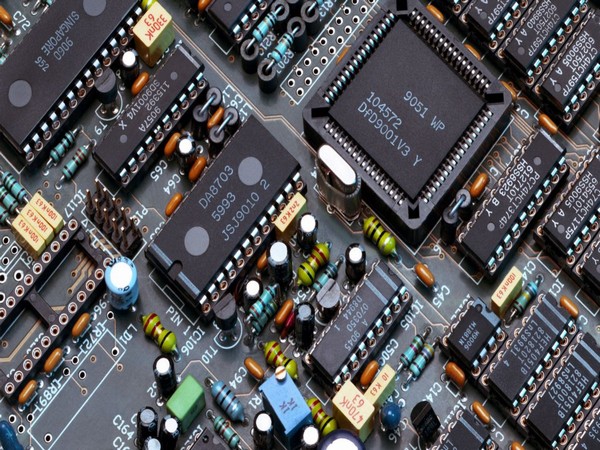
New Delhi: In a significant step towards creating an indigenous ('Make in India, For the World') semiconductor ecosystem in India, Government of India has approved a proposal from Tata Electronics to build a mega semiconductor fabrication facility ('Fab') in Dholera, Gujarat in partnership with PSMC.
The fab construction will begin this year with a total investment of up to Rs 91,000 crores (~USD 11bn) and will generate over 20,000 direct and indirect skilled jobs in the region. With this announcement, Tata Electronics enters the global semiconductor industry.
Tata Electronics (a wholly owned subsidiary of Tata Sons Pvt. Ltd.) in partnership with Powerchip Semiconductor Manufacturing Corporation (PSMC) will build India's first AI-enabled state-of-the-art Fab. This Fab will have manufacturing capacity of up to 50,000 wafers per month and will include next generation factory automation capabilities deploying data analytics and machine learning to achieve industry-best factory efficiency.
The new semiconductor Fab will manufacture chips for applications such as power management IC, display drivers, microcontrollers (MCU) and high-performance computing logic, addressing the growing demand in markets such as automotive, computing and data storage, wireless communication and artificial intelligence.
Northeast will get its first semiconductor Unit in Assam. 48 million chips per day will be manufactured from here. Cumulative investment in all three units will be one lakh twenty-six thousand crore. The breakdown is investment in FAB will be 91,000 crore. Investment in the Assam unit will be 27,000 crore. Investment in the Sanand unit will be Rs 7,600 crore:
The Programme for Development of Semiconductors and Display Manufacturing Ecosystem in India was notified on December 21, 2021 with a total outlay of Rs 76,000 crore. In June, 2023, the Union Cabinet had approved the proposal of Micron for setting up a semiconductor unit in Sanand, Gujarat.
Construction of this unit is progressing at a rapid pace and a robust semiconductor ecosystem is emerging near the unit. The approved three semiconductor units are:
Semiconductor Fab with 50,000 wfsm capacity: Tata Electronics Private Limited ("TEPL") will set up a semiconductor fab in partnership with Powerchip Semiconductor Manufacturing Corp (PSMC), Taiwan. This fab will be constructed in Dholera, Gujarat. Investment in this fab will be Rs 91,000 crore.
PSMC is renowned for its expertise in logic and memory foundry segments. PSMC has 6 semiconductor foundries in Taiwan. The plant will have a capacity of 50,000 wafer starts per month (WSPM). One wafer has 5,000 chips. This plant will manufacture 300 crore chips annually. These chips will cover 8 sectors like automobiles, telecom.
Semiconductor ATMP unit in Assam: Tata Semiconductor Assembly and Test Pvt Ltd ("TSAT") will set up a semiconductor unit in Morigaon, Assam. This unit will be set up with an investment of Rs 27,000 crore. TSAT semiconductor is developing indigenous advanced semiconductor packaging technologies including flip chip and ISIP (integrated system in package) technologies. It will have a capacity of 48 million per day. The segments covered: Automotive, electric vehicles, consumer electronics, telecom, mobile phones, etc.
Semiconductor ATMP unit for specialized chips: CG Power, in partnership with Renesas Electronics Corporation, Japan and Stars Microelectronics, Thailand will set up a semiconductor unit in Sanand, Gujarat. This unit will be set up with an investment of Rs.7,600 crore. The Capacity of the plant will be 15 million per day.
Renesas is a leading semiconductor company focussed on specialised chips. It operates 12 semiconductor facilities and is an important player in microcontrollers, analog, power, and System on Chip ('SoC)' products.
The CG power semiconductor unit will manufacture chips for consumer, industrial, automotive and power applications.
Within a very short time, India Semiconductor Mission has achieved four big successes. With these units, the semiconductor ecosystem will get established in India. India already has deep capabilities in chip design. With these units, our country will develop capabilities in chip fabrication.
Advanced packaging technologies will be indigenously developed in India with today's announcement. These units will generate direct employment of 20 thousand advanced technology jobs and about 60 thousand indirect jobs.
These units will accelerate employment creation in downstream automotive, electronics manufacturing, telecom manufacturing, industrial manufacturing, and other semiconductor consuming industries.